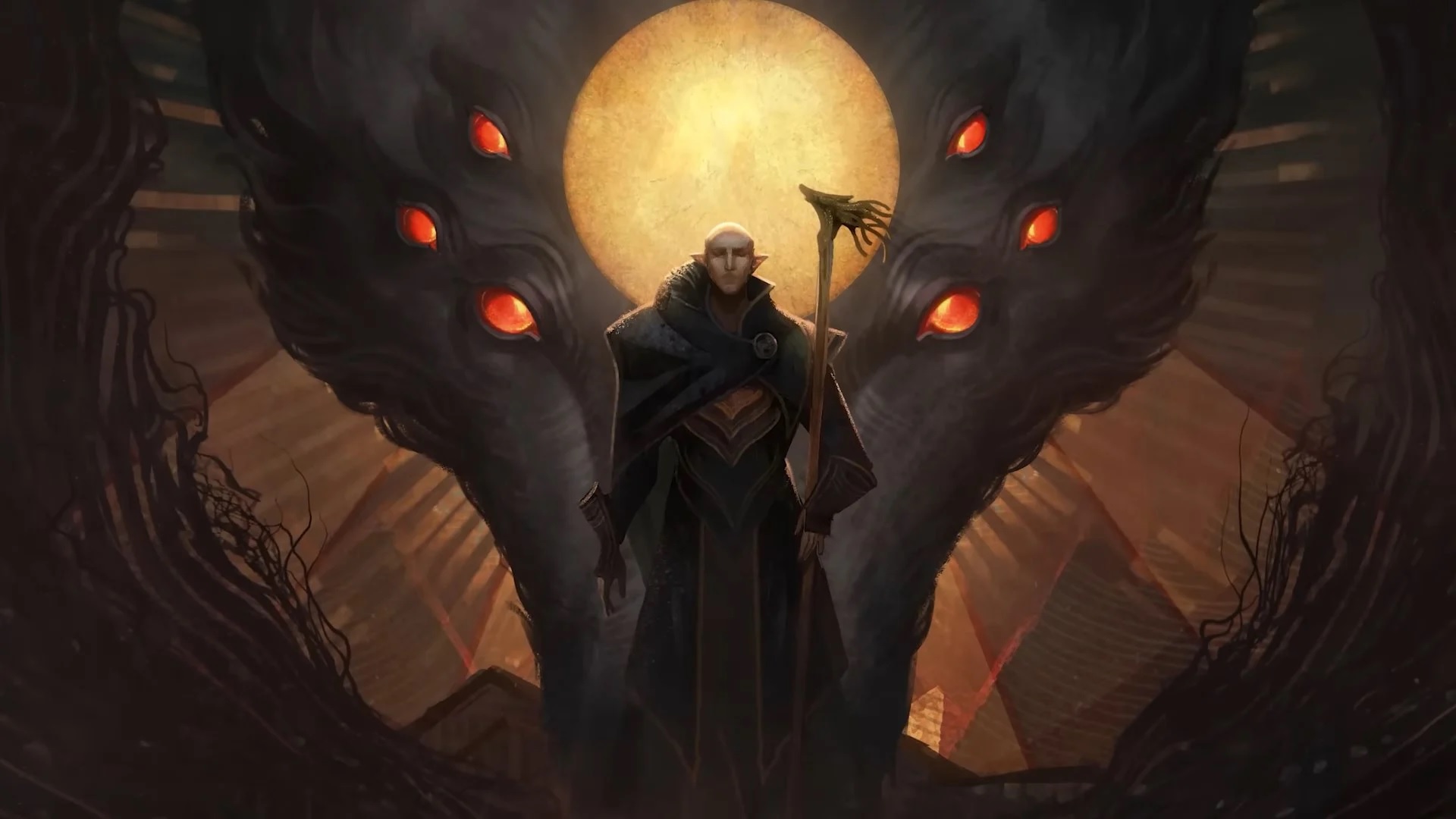BioWare, the storied RPG developer, recently caught the attention of gaming communities across the world when they announced a downsizing, eliminating 50 roles from their roster. The studio, which has seen its fair share of problematic launches in recent years, has become the talk of the town with its latest statement.
In an effort to align with what BioWare's general manager, Gary McKay, termed to be a "more agile and more focused" approach, this step has been branded as a necessity. The team, he says, aims to ensure that BioWare continues to be a cornerstone in an industry undergoing swift changes, "shifting towards a studio that will allow our developers to iterate quickly, unlock more creativity, and form a clear vision of our projects."
Indeed, the gaming industry is no stranger to evolution. New platforms, fresh narratives, and innovation in gameplay mechanics are constantly pushing studios to adapt or face the risk of becoming obsolete. But at what cost does this adaptation come? For fifty developers at BioWare, it means bidding farewell to the studio that has been their creative home.
But, is it just about being agile? Or is there a deeper story here? The announcement closely follows the decision by the studio's owners, Electronic Arts, to outsource BioWare's long-standing MMO, Star Wars: The Old Republic, handing its reins over to Broadsword. Additionally, EA's decision to cut ties with Keywords, an in-house contracting company whose employees recently unionized, raised eyebrows.

